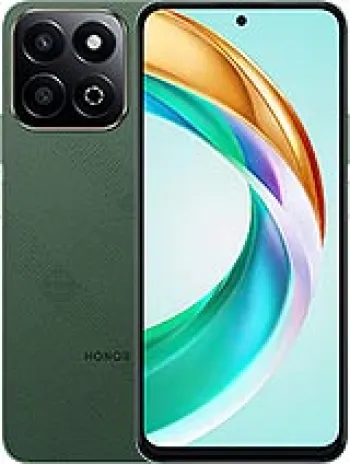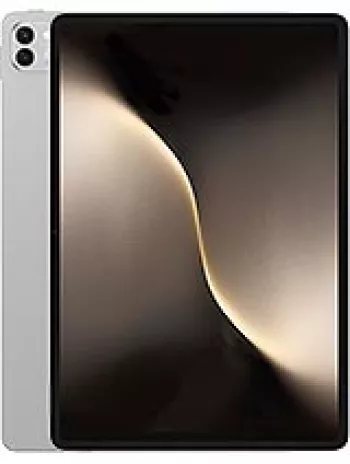
Overview of Honor 3
The Honor 3, released in August 2013, is a versatile smartphone by Huawei targeting budget-conscious consumers looking for essential smartphone features. Although it has since been discontinued, the device showcased some remarkable specifications for its time, tapping into both functionality and affordability. Let us dive into the different aspects of the device, covering everything from design to performance.
Design and Display
Physically, the Honor 3 sports dimensions of 133 x 67.2 x 9.9 mm, weighing in at 138 grams. This makes it comfortable to hold while providing a substantial feel without being overly bulky. The device accommodates a Micro-SIM card and features a minimalist design aesthetic.
The display is a significant component for any smartphone, and the Honor 3 doesn't disappoint with its 4.7-inch IPS LCD screen. With a resolution of 720 x 1280 pixels, it offers clear and vibrant visuals. The panel’s pixel density stands at approximately 312 ppi, which ensures that images and text are displayed crisply. Additionally, Corning Gorilla Glass ensures the screen's durability against scratches and everyday impacts.
Performance and Software
Under the hood, the Honor 3 is powered by the Huawei K3V2E chipset and houses a quad-core 1.5 GHz Cortex-A9 processor. This combination brings about decent performance for browsing, multimedia consumption, and light gaming. It provides smooth navigation through the interface and handles multitasking moderately well due to its 2GB of RAM.
On the software side, the Honor 3 runs on Android 4.2.2 Jelly Bean, skinned with Huawei's EMUI 1.6. Despite being an older version of Android, it manages to provide most of the essential features and functions expected at the time of its release. The EMUI skin adds customization options and usability enhancements that differentiate it from stock Android.
Camera Capabilities
The photographic capabilities of the Honor 3 are commendable for its category. It features a 13 MP rear camera equipped with autofocus technology. The camera offers LED flash and HDR functionalities, enhancing the quality of images captured in different lighting conditions. It is capable of recording videos at 1080p resolution at 30 frames per second, ensuring smooth and high-quality video output.
For selfies and video calls, the device provides a 1.3 MP front camera. While modest, it allows for basic video calling and selfies, although users should not expect the same level of detail or quality found in contemporary devices.
Battery Life
The Honor 3 is equipped with a 2150 mAh Li-Ion removable battery. On paper, it claims a standby time of up to 541 hours and a talk time of up to 13 hours, which ensures that users can confidently get through a typical day of usage without constantly looking for a charger. Having a removable battery is particularly beneficial, as it allows users to replace the battery when necessary easily.
Storage and Connectivity
With regards to storage, the device offers 8GB of internal storage, which can be further expanded using a microSDHC card. This ensures that users have enough space for apps, photos, and media, even if base storage runs low. The presence of a dedicated slot for external memory is a welcome feature, offering flexibility and convenience.
The communication and connectivity features include GSM / HSPA network technology, Wi-Fi 802.11 b/g/n, Bluetooth 3.0, and GPS with GLONASS support. Moreover, it offers FM radio and microUSB 2.0 with USB On-The-Go support, although it does not support NFC technology. These features are comprehensive enough for most users to stay connected with the digital world efficiently.
Additional Features
Sensors included in the Honor 3 are the accelerometer, gyro, proximity sensor, and compass. These sensors enhance the overall user experience by providing various functionalities such as screen rotation, navigation, and motion-based interactions.
The phone retains a 3.5mm audio jack, which is a particular point of interest for those who prefer wired audio solutions. The loudspeaker quality is adequate for media consumption and hands-free calls.
Conclusion
In retrospect, the Honor 3 was a device that catered to the mid-range market segment, offering a balanced mixture of practicality and performance. While modern devices have long surpassed these specifications, the Honor 3 marked a step forward in making smartphones with formidable capabilities more accessible. Its combination of a decent camera, expandable storage, and a robust display made it a competitive choice during its time. Even though it’s now discontinued, it remains a testament to Huawei’s strategy to blend innovation with cost-effectiveness, a mantra that continues to guide the company's device development strategy.
Key Features of Honor 3
- Network Technology: GSM / HSPA
- Display: 4.7 inches IPS LCD, 720 x 1280 pixels with Corning Gorilla Glass protection
- Operating System: Android 4.2.2 (Jelly Bean), EMUI 1.6
- Processor: Quad-core 1.5 GHz Cortex-A9
- Memory: 2GB RAM, 8GB internal storage, expandable via microSDHC
- Main Camera: 13 MP with autofocus, LED flash, and HDR capabilities
- Selfie Camera: 1.3 MP, 720p video capability
- Connectivity: Wi-Fi 802.11 b/g/n, Bluetooth 3.0, GPS and GLONASS, FM radio, microUSB 2.0
- Sensors: Accelerometer, gyro, proximity, and compass
- Battery: Removable Li-Ion 2150 mAh
- Weight: 138 g
- Durability: Water-resistant with robust design
Drawbacks of Honor 3
- Lacks 4G LTE support.
- Discontinued status, meaning no new updates or support.
- Outdated Android version (4.2.2 Jelly Bean).
- Limited internal storage of 8GB, which may fill up quickly.
- Low resolution front camera (1.3 MP) for selfies.
- Older Bluetooth version (3.0).
- No NFC support for contactless payments and data transfers.
- Moderate battery capacity (2150 mAh) might not suffice for heavy users.



View Also
More Phones
All Rights Reserved +14266 Phones © Mobilawy 2025

























